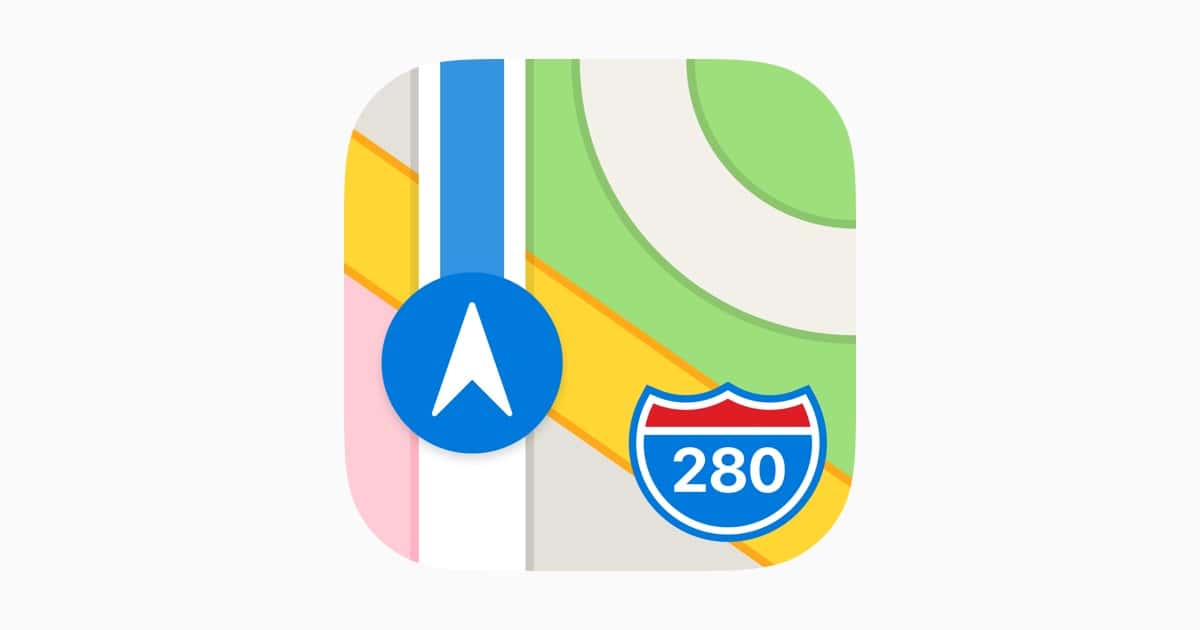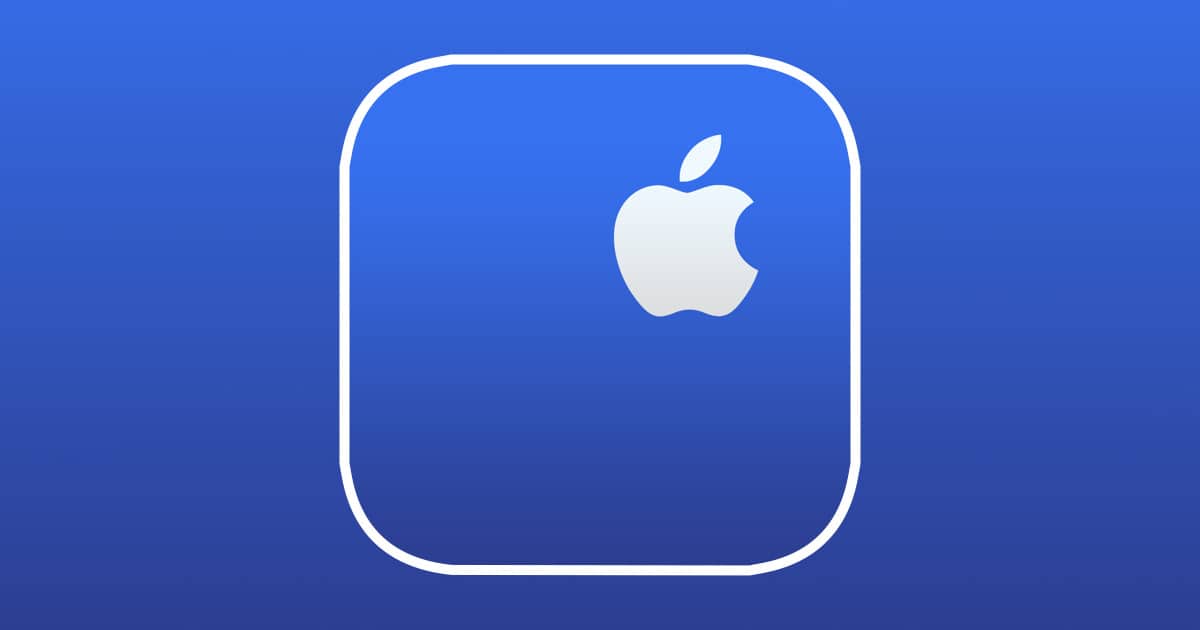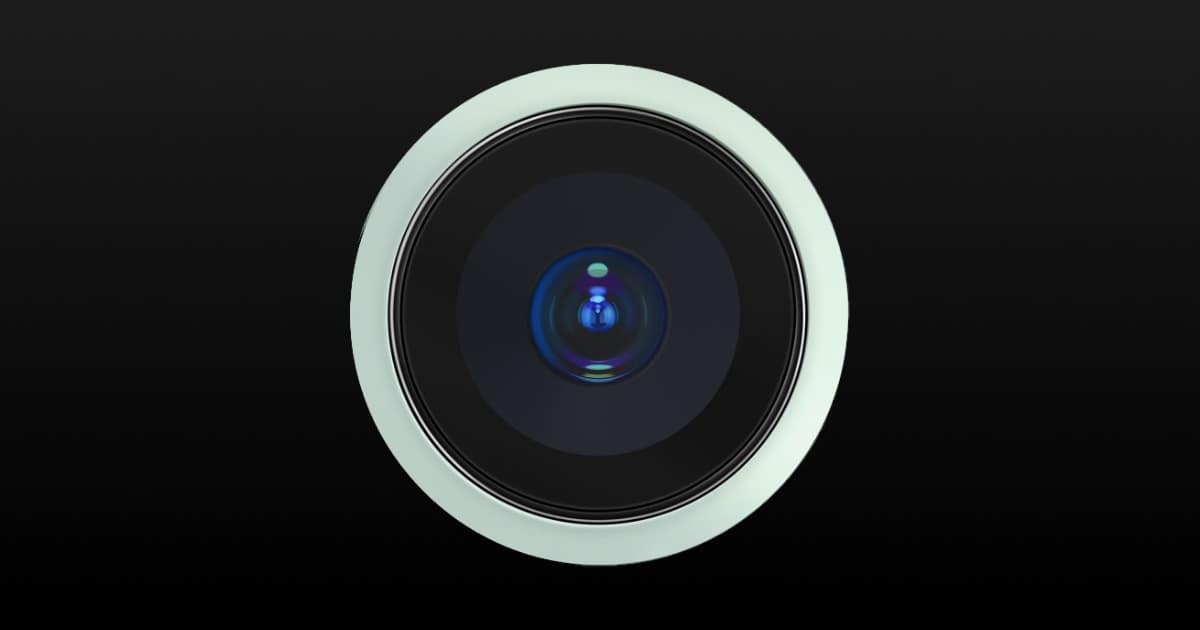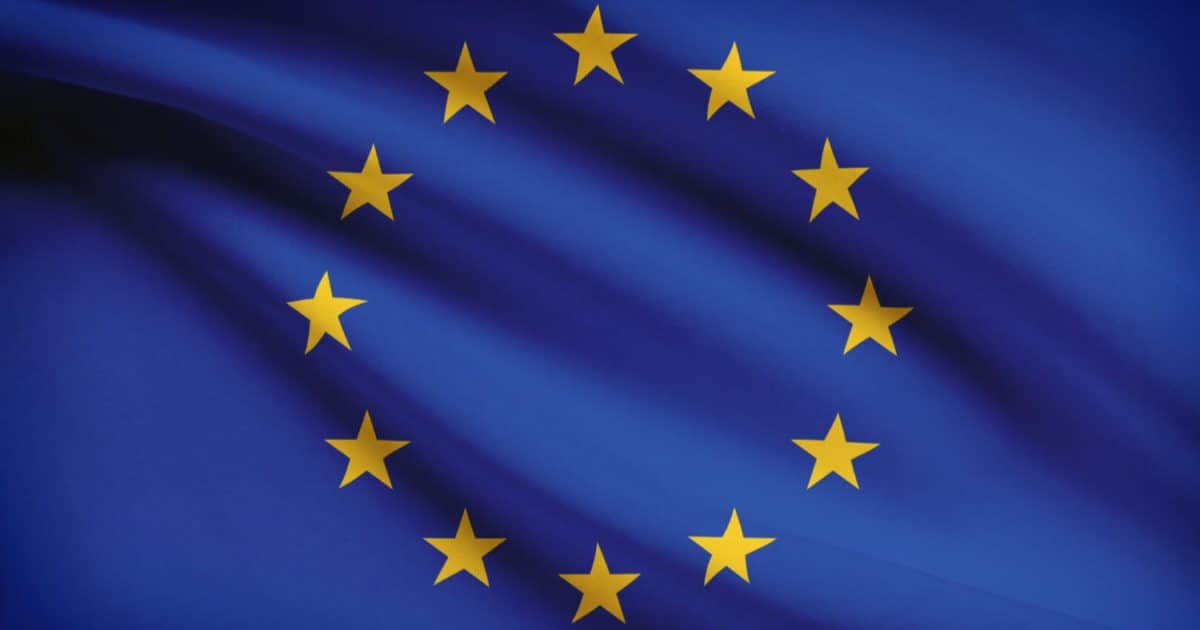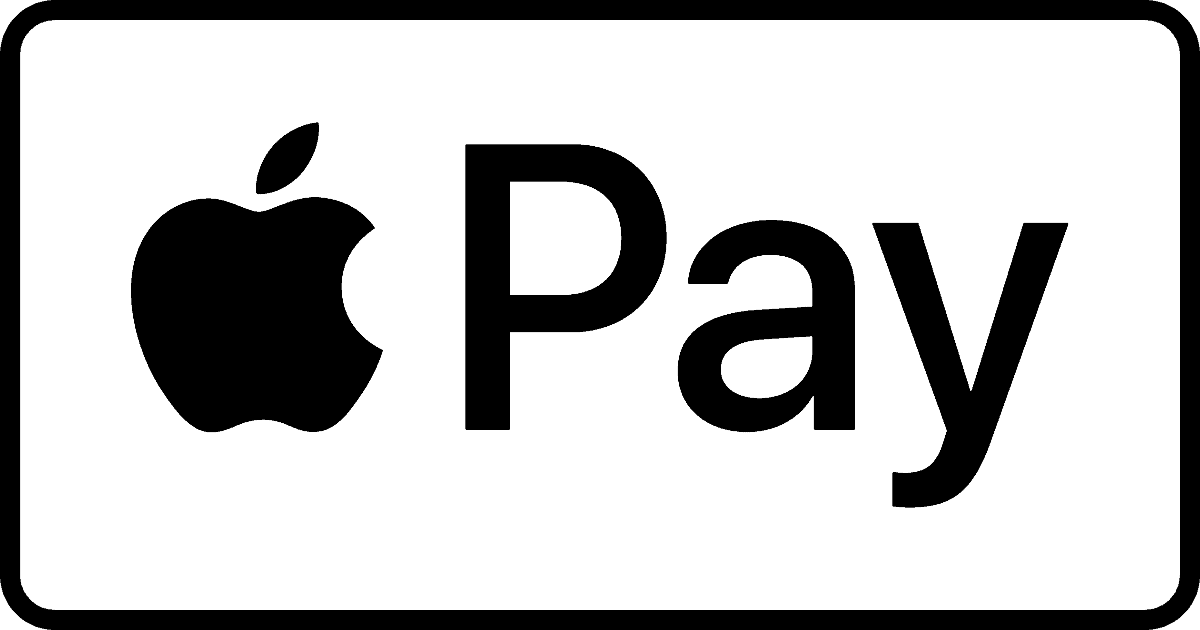A patent filed in December reveals a method to let Apple customers edit iMessages as a method of correction. The edit history would also be available so everyone can see what the sender originally wrote.
The patent filing has an example to demonstrate Apple’s system for editing previously-sent texts. Two people are discussing a trip, and one of them accidentally writes and sends “Can I get a ridiculous up with you?”
They then press and hold on that text to bring up a windows with “Edit” as an option. They make the change so the text reads “Can I get a ride up with you?”
This is a great feature and I hope Apple adds it to iOS. Memojis and Animojis are fun, but Messages needs features like this that are actually useful to people.









